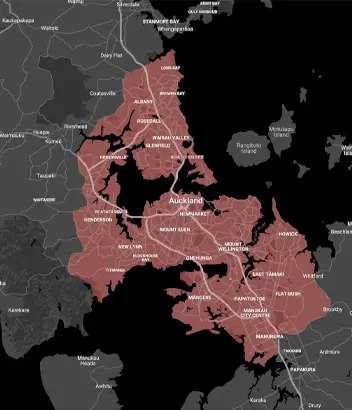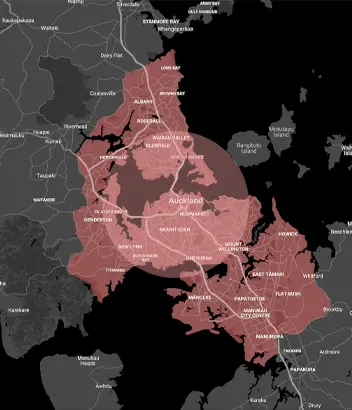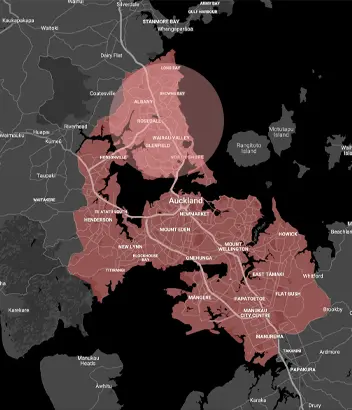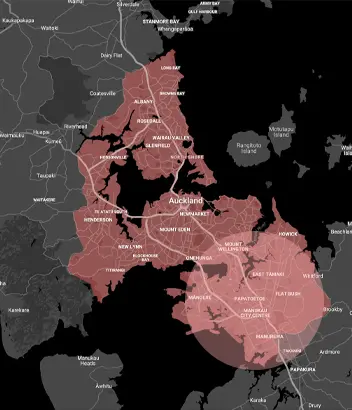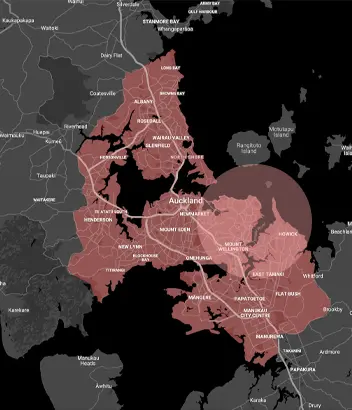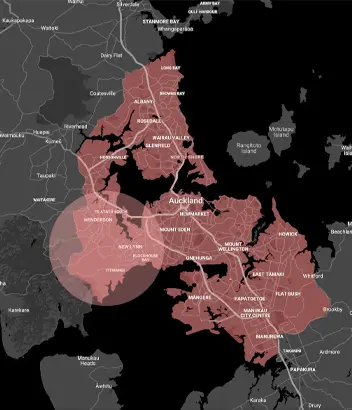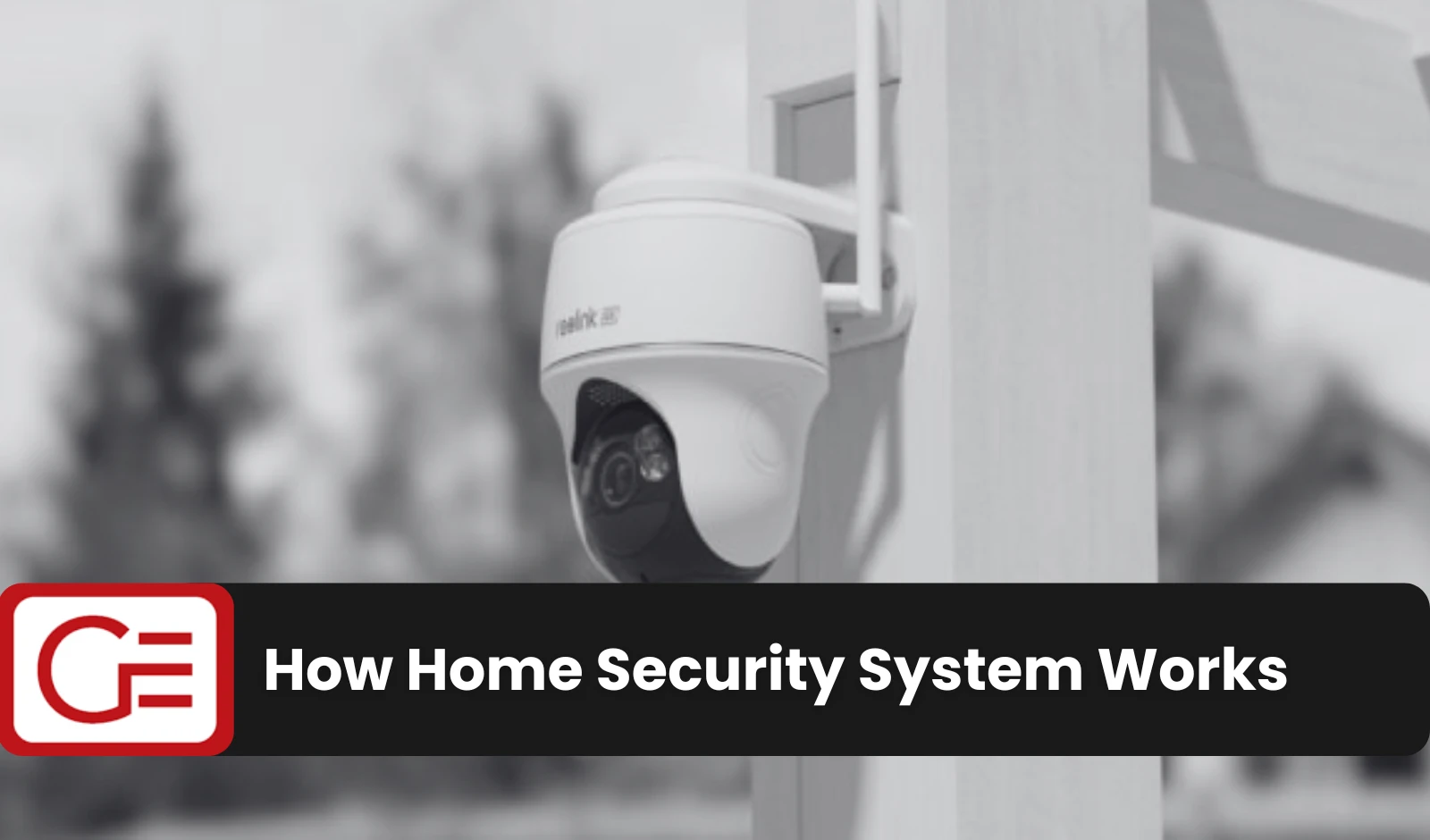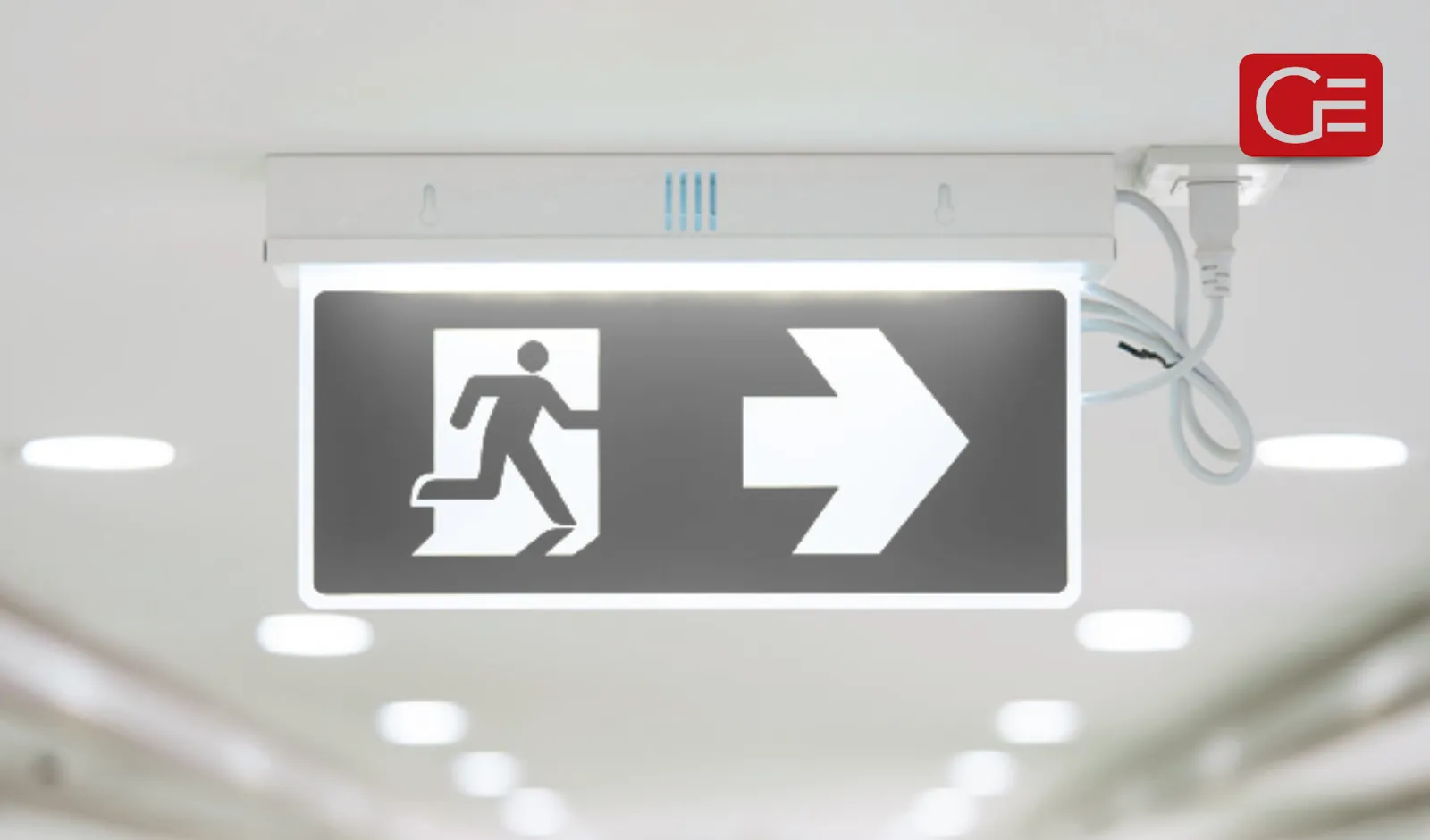


Keeping your building safe, compliant, and functional is more than just good management, it’s a legal requirement. For New Zealand building owners, understanding how to get a Building Warrant of Fitness (BWoF) is an important part of ensuring that every system in the building meets safety and performance standards under the Building Act 2004.
In this guide, we’ll explain what a Building Warrant of Fitness (BWoF) is, who needs one, the steps to get your certificate, and how electrical maintenance plays a key role in keeping your building safe and compliant.
.webp)
What Is a Building Warrant of Fitness (BWoF)?
A Building Warrant of Fitness is an annual certificate that confirms a building’s specified systems, such as fire alarms, sprinklers, lifts, ventilation systems, and emergency lights, have been properly inspected, tested, and maintained in the previous 12 months.
It serves as proof that the building owner has met their obligations under the Building Act 2004 and that the building is safe for occupants and visitors.
The BWoF must:
- Be issued and signed by the building owner each year.
- Confirm that all systems in the building have been checked by Independent Qualified Persons (IQPs).
- Be displayed publicly in the building’s main entrance.
- Be sent to the local council along with supporting documentation.
This annual BWoF certificate assures tenants, visitors, and authorities that the building’s specified systems are functioning as designed and that the property has fully complied with safety regulations.

Who Needs a Building Warrant of Fitness?
Not every property requires a BWoF. It only applies to buildings that include specified systems listed on the compliance schedule. These are systems designed to protect occupants in case of an emergency, such as:
- Fire alarms and smoke detection systems
- Emergency lighting and exit signage
- Lifts, escalators, and automatic doors
- Sprinkler systems and ventilation systems
In general, commercial, public, and multi-unit residential buildings require a warrant, while most standalone homes do not. However, if a house includes complex systems, for example, a lift or automatic fire suppression system, it may also fall under these requirements.
What’s Involved in Getting a Building Warrant of Fitness
Getting a Building Warrant of Fitness (BWoF) in New Zealand involves a few key steps to make sure your property stays safe, functional, and fully compliant with the Building Act 2004 and local council requirements.
1. Review the Compliance Schedule
Start by reviewing your compliance schedule. This document lists all the specified systems in the building, such as fire alarms and emergency lighting, that must be regularly inspected and maintained. It’s provided by your local council when the building receives its consent.
2. Engage Independent Qualified Persons (IQPs)
Only Independent Qualified Persons (IQPs) can perform inspections and maintenance for a BWoF. They ensure that each listed system meets the required performance standards and safety rules.
3. Complete Inspections and Maintenance
Throughout the year, each system must be tested and serviced according to the procedures on the compliance schedule. Any faults should be repaired quickly to keep the building safe and compliant.
4. Collect Form 12A Certificates
After inspection, each IQP issues a Form 12A certificate, confirming the system has been checked and maintained over the previous 12 months. These certificates are essential supporting documents for your BWoF application.
5. Prepare and Sign the Annual Form 12 (BWoF)
Once all systems have been verified, the building owner must complete and sign the Form 12 - Building Warrant of Fitness, confirming that:
- All systems have been inspected by IQPs.
- Maintenance and reporting records are current.
- The building has fully complied with the Building Act 2004.
6. Submit to the Local Council and Display the BWoF Certificate
Finally, submit your Form 12 and all Form 12A certificates to the territorial authority (local council). A copy of the BWoF certificate must be displayed publicly inside the building to show it meets legal and safety standards.
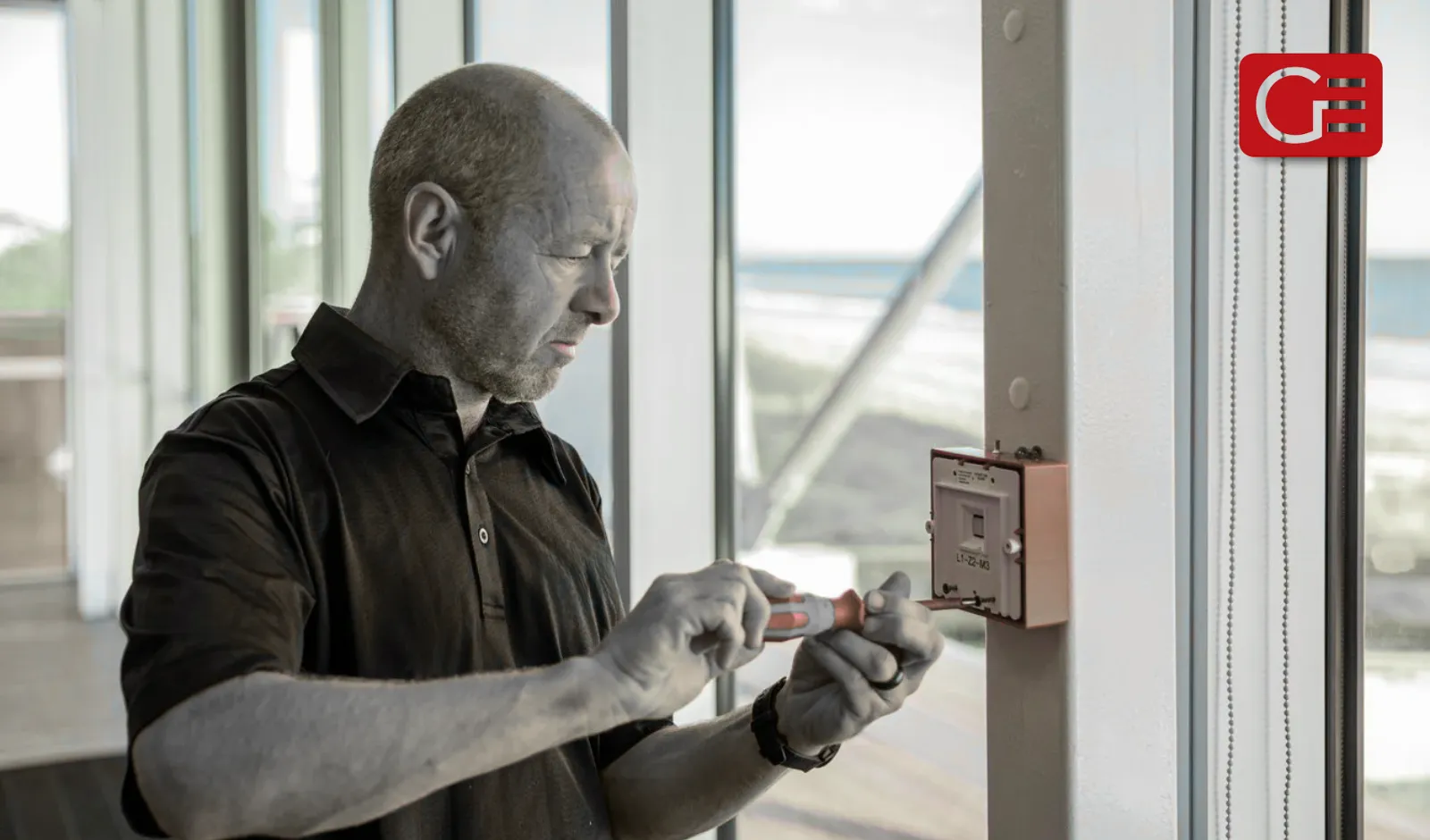
Common Mistakes That Delay BWoF Approval
Even small errors in the process can lead to delays or non-compliance notices. Some of the most common mistakes include:
- Missing or incomplete Form 12A certificates from IQPs.
- Failing to carry out regular maintenance or repairs.
- Not updating the compliance schedule when systems change.
- Forgetting to display the current BWoF certificate in the building.
- Not submitting the documentation to the local council on time.
Avoiding these mistakes helps you maintain a seamless annual renewal process and ensures your building warrants stay valid.
Electrical Safety and BWoF Compliance
Electrical systems are a crucial part of keeping your building safe and compliant. Systems such as emergency lights, alarms, and power controls often fall under the building’s specified systems and must meet strict performance standards to qualify for a certificate of compliance.
At Grammar Electrical, we work alongside Independent Qualified Persons (IQPs) to support building owners with electrical inspections, testing, and maintenance. Our team ensures that all electrical systems listed on the compliance schedule are operating correctly and have been verified during the previous 12 months.
From fire alarms and switchboards to emergency lighting, we help property owners maintain electrical safety and compliance under the Building Act 2004, giving peace of mind that every system has fully complied with national safety standards.
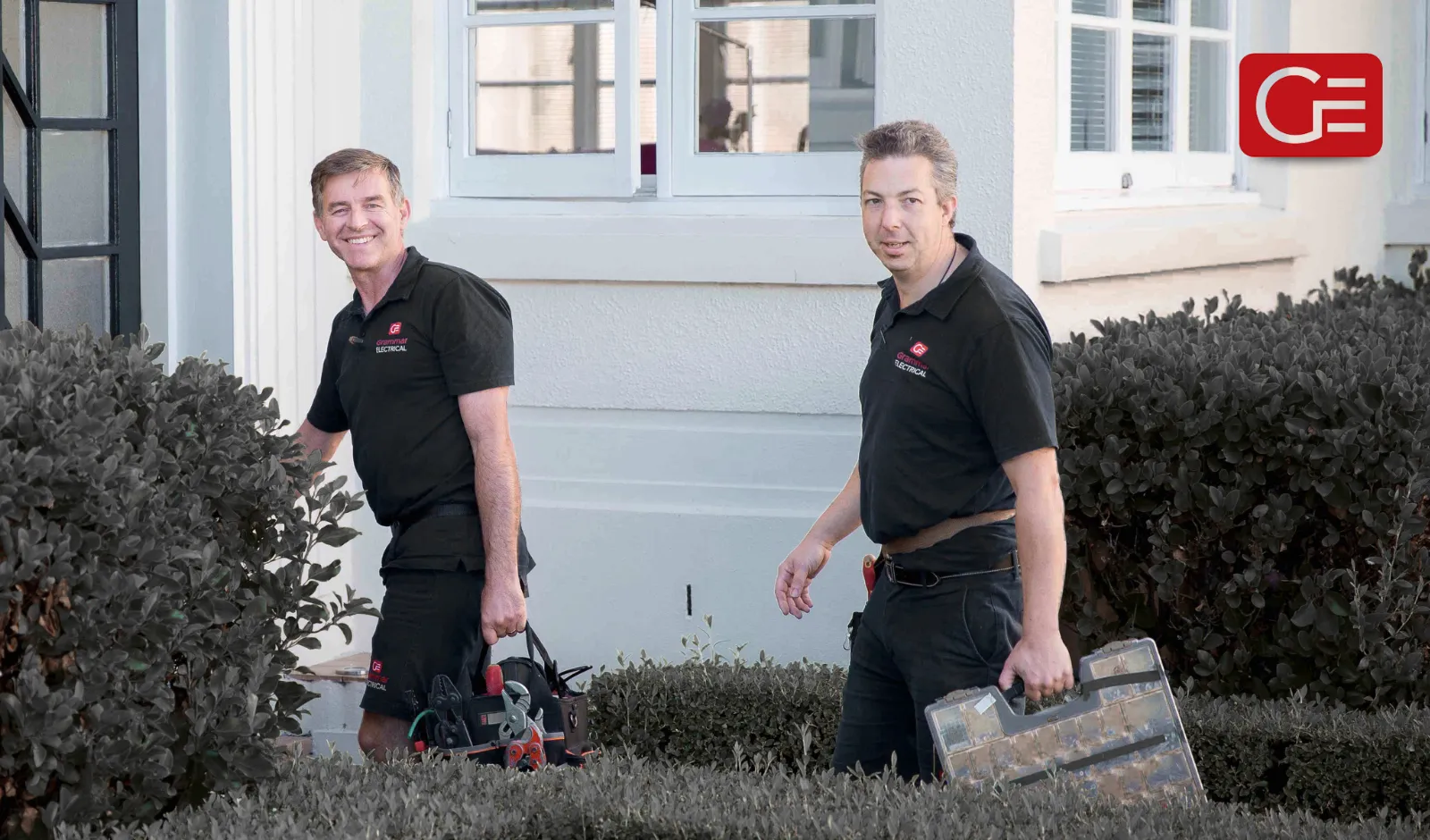
Your Trusted Experts in Building Safety and Compliance
When it comes to building safety and compliance, experience matters. Grammar Electrical has been helping Auckland property owners and businesses meet their legal obligations for decades.
Our services include:
- Electrical maintenance for BWoF compliance
- Testing of emergency lights and fire alarm systems
- Electrical safety inspections and compliance documentation
- A workmanship guarantee of up to $20,000
- 24-hour Emergency Electrician Support
With Grammar Electrical, you’ll always have qualified professionals ensuring your building’s specified systems meet their required performance standards.
Call us today on 09 884 6611 or book online to save $15, your trusted experts for electrical safety and Building Warrant of Fitness compliance in Auckland.
Auckland’s Trusted Electricians
Fast, reliable electrical repairs, installations & upgrades - available 24/7.
Book Online & Save $15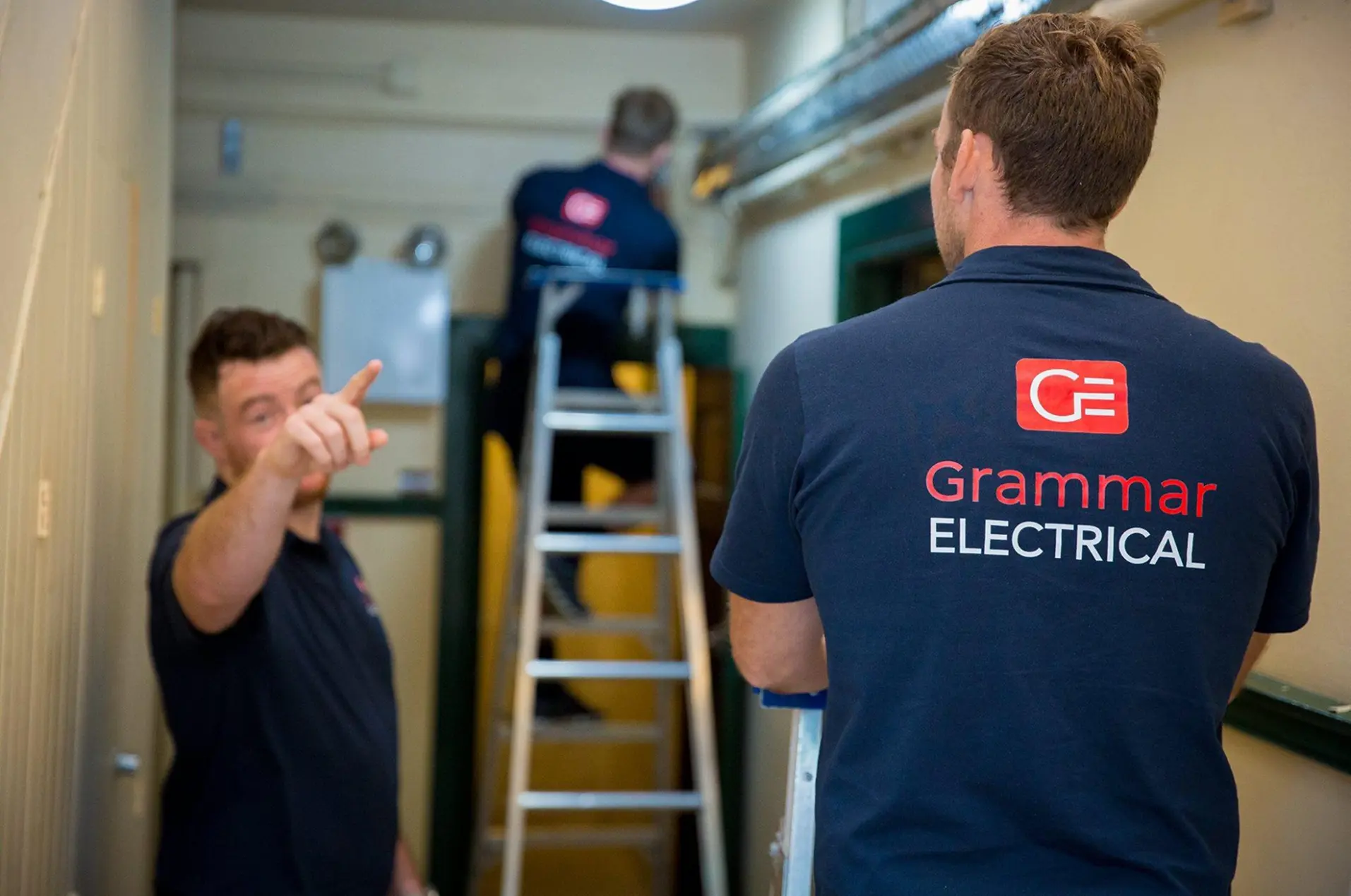
Got a question?
Contact us for a FREE installation quote or book your job online today.
Same Day Service Guarantee - Terms & Conditions

The "Same Day Service Guarantee or it's Free" applies to:
a. Residential work and Commercial only.
b. Jobs specified as needing same day service when booking a job by phone or online.
c. Residential and Commercial work booked with Grammar Electrical:
i) Before 11:00AM
ii) For calls or online bookings received after 11:00AM, the customer will be offered a job. Booking for the next business day and normal callout fees ($170+ GST) will apply.
iii) Any other jobs booked outside business hours (9:00AM - 5:00PM Monday- Friday) will incur after hours charges.
iv) This offer is excluded for jobs booked on New Zealand public holidays.
d. If Grammar Electrical are unable to attend on the same day (within 24 hours) for a job booked by the customer, the standard callout fee of $170 + GST will be waived and is free, but all other normal charges, fees and expenses will apply to perform the Electrical Services and to provide any products/materials concerning those services.
e. The Standard Callout Fee will be deducted from your bill as long as you pay within your invoice's due date. The callout charge is applicable if your invoice is overdue.
f. If Grammar Electrical are willing and able to perform the Service or provide the Goods on the same day the job is booked, however the Customer for whatever reason does not give access to their property on the day, Grammar Electrical will be deemed to have complied with it's "Same Day or it's Free" guarantee and shall be entitled to charge the customer the standard call-out fee.
g. This offer is not a guarantee of work being completed. The completion of the job will depend on stock availability and also the amount of work required.















